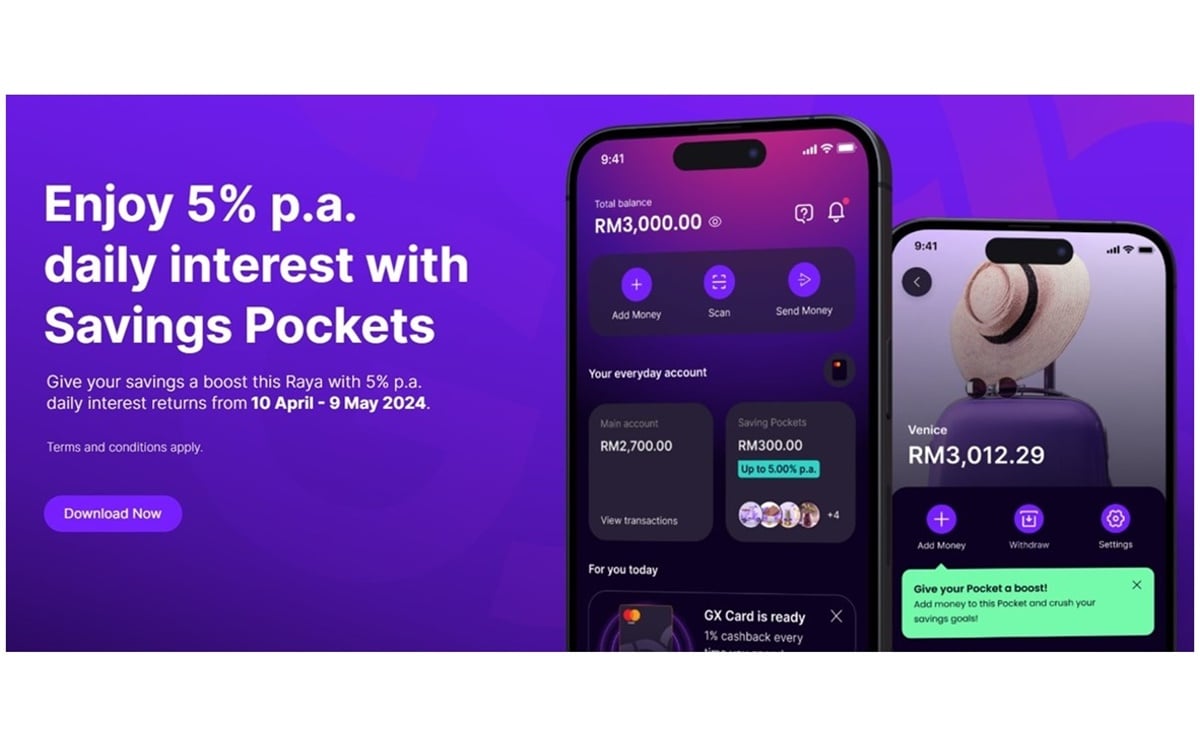Gavin Pereira
7th April 2016 - 5 min read
A vast majority of people have become very dependent on their mobile phones in the comfort of their own backyard where service providers are ubiquitously available.
But when overseas, many are not particularly confident in choosing between getting a local SIM card or activating mobile roaming services on their existing service.
We don’t blame them because it could turn out a tacky affair with finances. Question here is, which will be your money’s worth? We’ve broken down some important factors to help you better decide.
Cost

Some of us cringe at the thought of using mobile roaming overseas, but there are some pretty good deals out there! So, let’s explore these roaming charges made available by local service providers across some of the more popular destinations around the region.
| AUSTRALIA | Celcom | Digi | Maxis | U Mobile |
|---|---|---|---|---|
| Local Calls | RM3.90 | RM3.00 | RM3.00 | RM0.42 |
| Calls to Malaysia | RM2.50 | RM3.00 | RM4.00 | RM1.40 |
| Data | RM38/day (500MB) | RM10/day (50MB) | RM38/day (500MB) | RM30/day |
| SMS | RM1.00 | RM0.99 | RM1.00 | RM0.09 |
| THAILAND | Celcom | Digi | Maxis | U Mobile |
|---|---|---|---|---|
| Local Calls | RM3.90 | RM3.00 | RM4.00 | RM3.10 |
| Calls to Malaysia | RM5.90 | RM3.00 | RM3.00 | RM4.50 |
| Data | RM38/day (500MB) | RM10/day (50MB) | RM38/day (500MB) | RM30/day |
| SMS | RM1.00 | RM0.99 | RM1.00 | RM1.75 |
| VIETNAM | Celcom | Digi | Maxis | U Mobile |
|---|---|---|---|---|
| Local Calls | RM3.90 | RM1.50 | RM5.00 | RM0.09 |
| Calls to Malaysia | RM2.50 | RM3.00 | RM3.00 | RM3.66 |
| Data | RM38/day (50MB) | RM56/day | RM38/day (10MB) | RM4.03/MB |
| SMS | RM1.00 | RM0.99 | RM1.00 | RM0.55 |
| INDIA | Celcom | Digi | Maxis | U Mobile |
|---|---|---|---|---|
| Local Calls | RM3.90 | RM5.00 | RM5.80 | RM1.83 |
| Calls to Malaysia | RM5.90 | RM9.00 | RM6.99 | RM10.08 |
| Data | RM38/day (Unlimited) | RM32/day | RM38/day (500MB) | RM30.00/day |
| SMS | RM1.00 | RM0.99 | RM1.00 | RM0.22 |
*Figures selected based on combination optimising and sourced from Celcom; Digi; Maxis; and U Mobile.
From the table above, you would be able to tell that some of these rates are pretty high. However, choosing between roaming and a foreign SIM card would depend on your needs too. For instance, if you were in Australia for a long stay and happen to be using a U Mobile line, you may want to consider roaming. Their rates are really affordable and may be a better alternative to getting a local SIM card, which you would have to pay for in Aussie Dollars.
If you were to head up to Thailand for a day trip and only need minimal data for social communication, Digi offers a RM10 per day data plan with 50MB data to adequately get through the day.
Alternatively, if you happen to be in India and needed to call back home (Malaysia) regularly, it would make more sense to ring from your existing service provider (Celcom) for RM5.90. Some of the rates can be pretty exorbitant across different countries but other rates appear to be the smarter choice ahead of acquiring a localised SIM card – and we’ll show you why.
Language Barriers

Having just arrived in a foreign land without any mobile data nor Google Translate to assist you may turn out to be quite a problem. Most countries are not native English speakers and this certainly opens room for miscommunication when trying to buy a local SIM card or reload for that matter.
This writer had the inconvenient experience of purchasing the wrong prepaid SIM card top-up due to this miscommunication. Worse part is, they didn’t do refunds. Scenarios like this leads to a lot of wastage if large amounts of prepaid top-up were purchased. On top of this, you may have to browse through certain introductory portals in a foreign language, which may lead to more human error.
SIM Card Activation Process
Depending on destination, some may not have instant access to activate their localised SIM cards. You may get it from a convenient store but it would more than likely require you to head on over to a corresponding mobile center in order to register and activate the SIM. Chances are, you would also need to bring along your passport and stay address to register the line.
In some countries, the activation process could consume up to 24 hours. If this is the case in your traveled country and your stay is two days or less, it may be a better idea to activate roaming with your Malaysian service provider instead. It dispels major inconvenience and introduces practicality.
So, Which Do I Go For?

Unless you live in Europe where all roaming charges have been abolished, we suggest you do a little research on roaming charges and localised SIM card acquisition way before you start travelling.
Weigh this research yield with the time you intend to spend on your trip (business or leisure) and you should be able to make a more informed decision on being connected abroad. It certainly allows you to cut back considerably on unnecessary spending and a whole lot of inconvenience.
Since we’re talking mobile phones, be sure to check out our list of best smartphone postpaid plans in Malaysia and stand to walk away with pretty amazing deals.
Have you had similar experiences using mobile roaming or localised SIM cards? Tell us all about it in the comments section down below – we’d love to hear from you.








Comments (0)